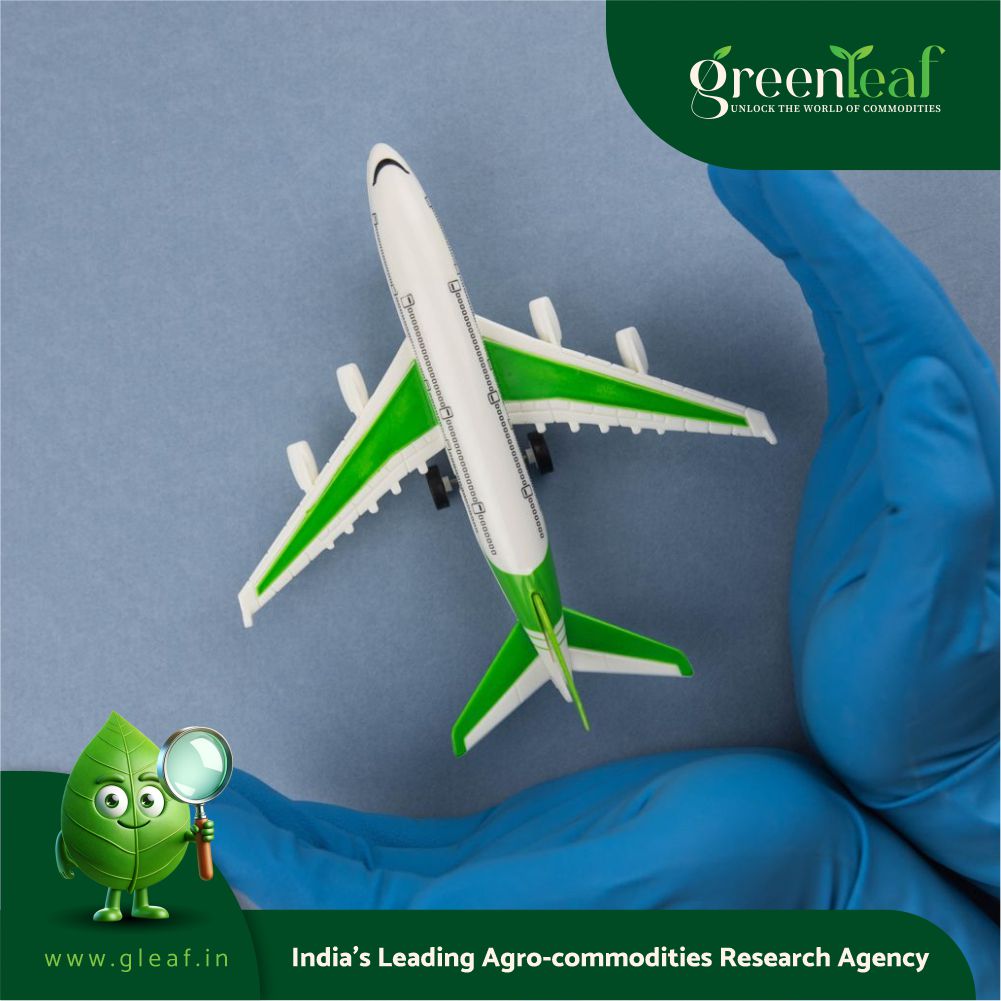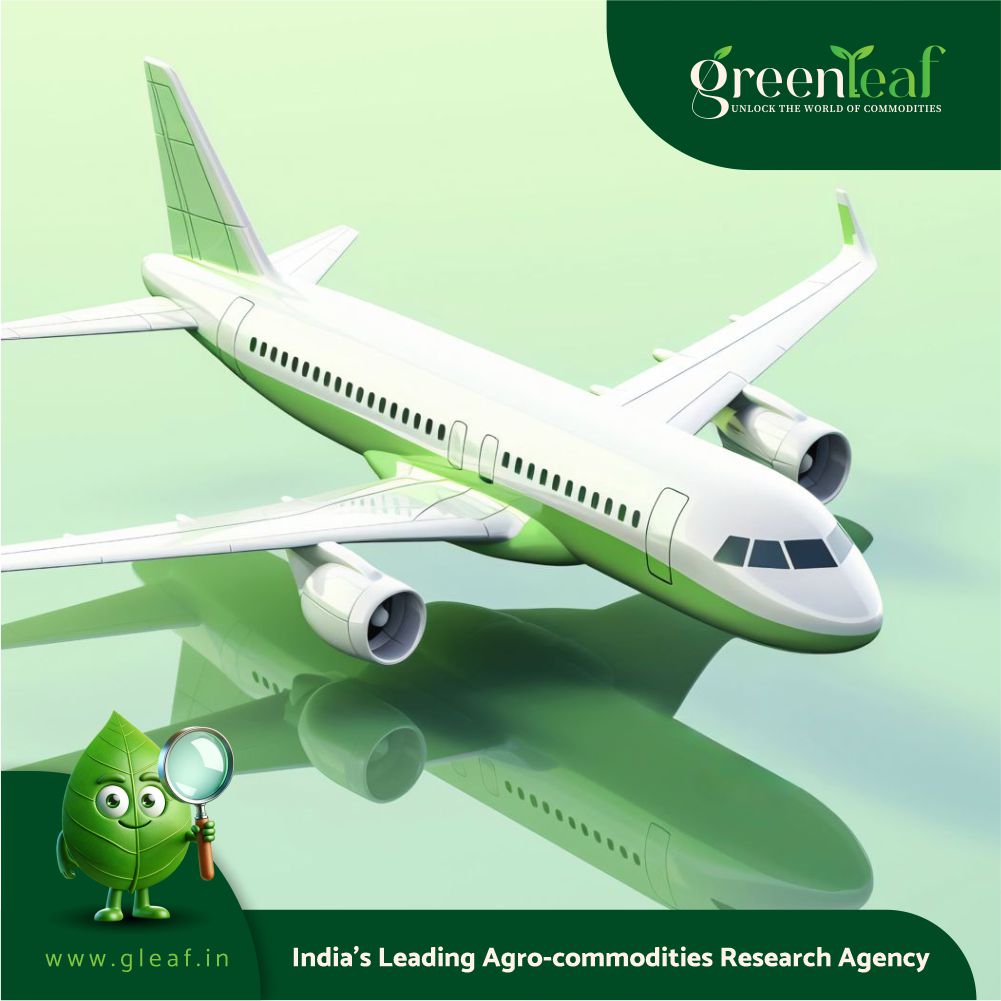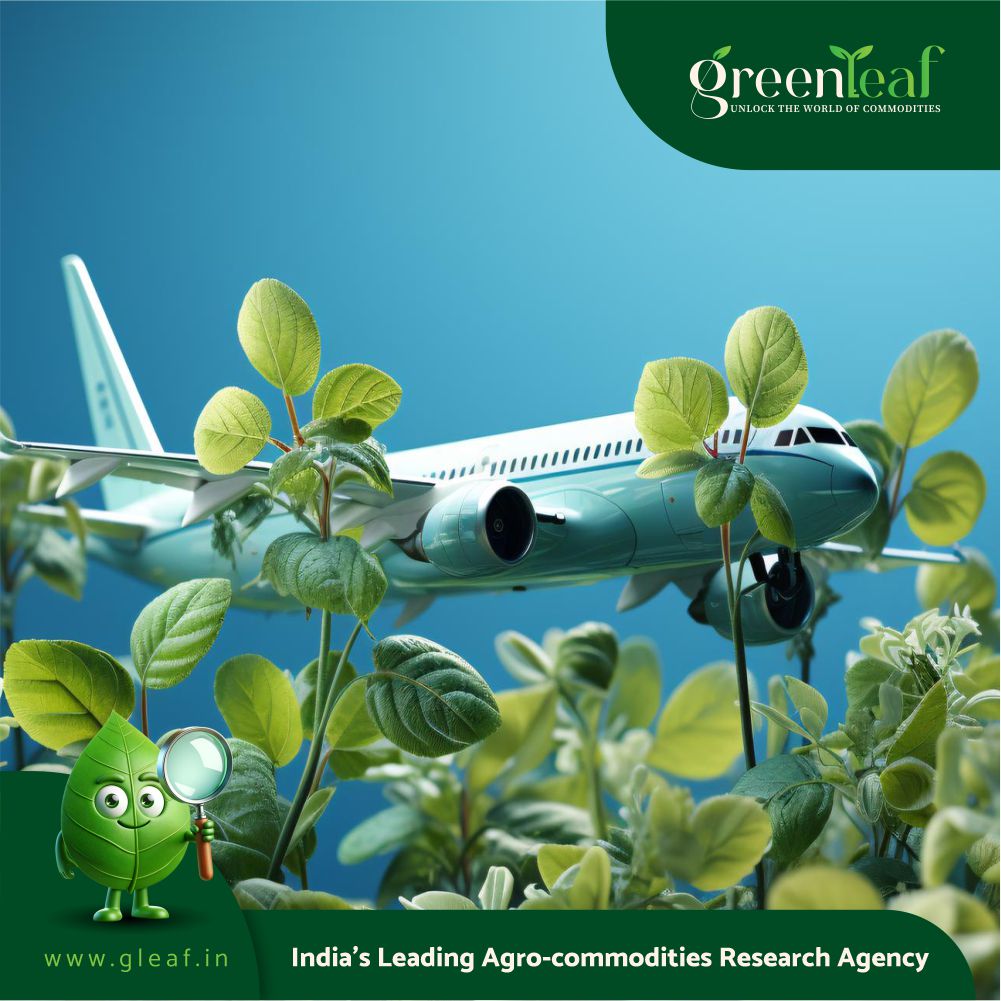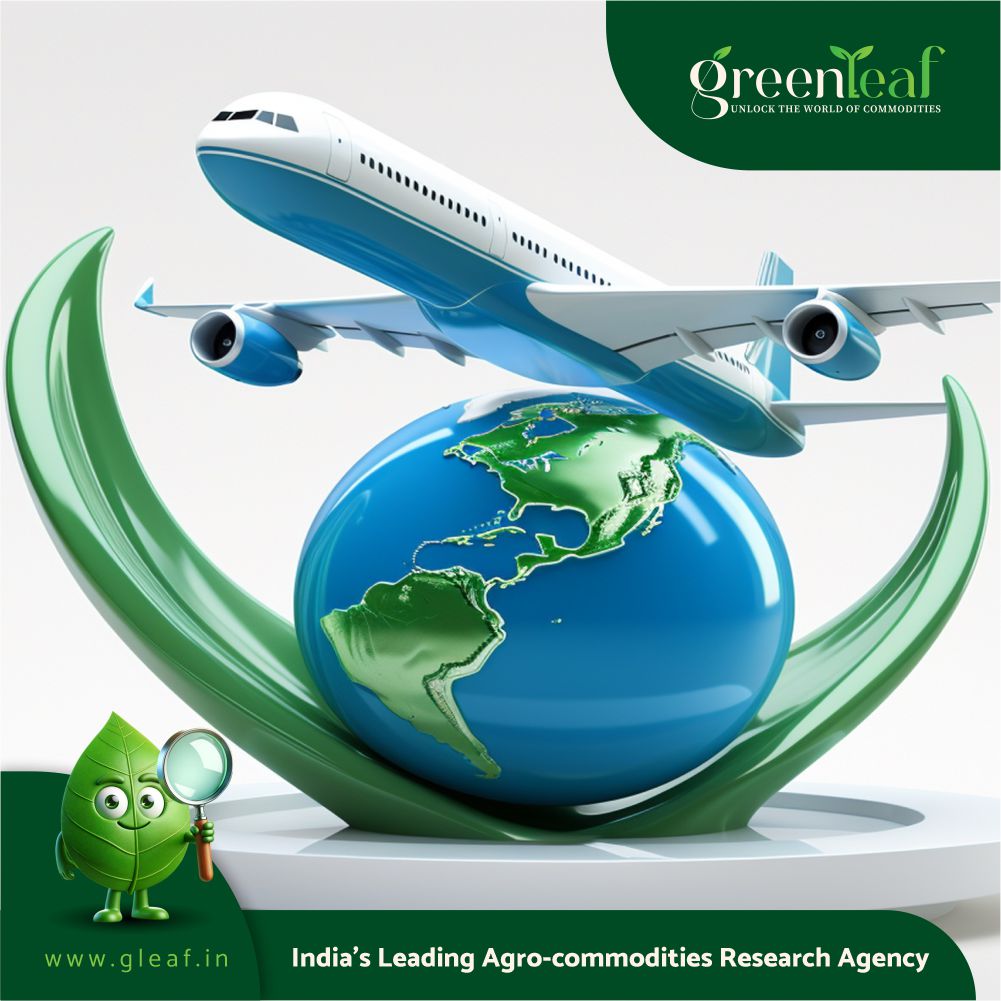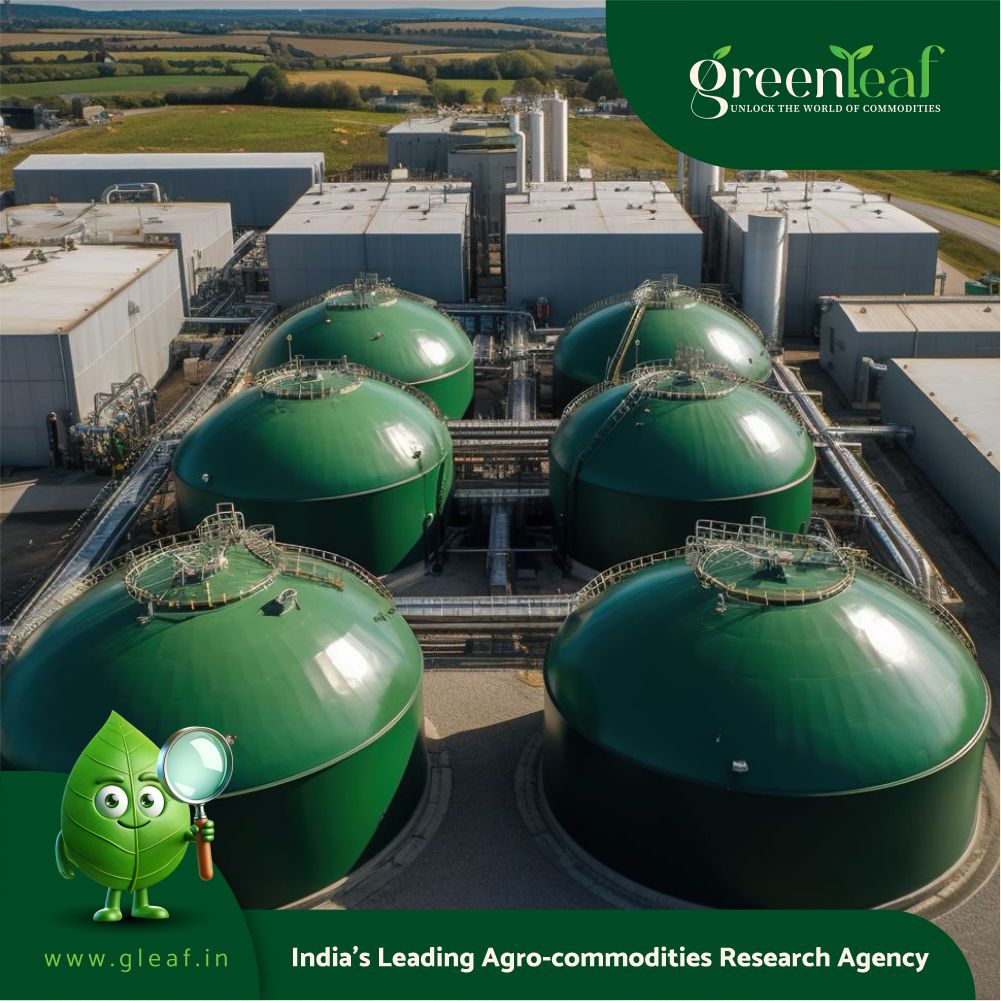By 2025, a national standard for Sustainable Aviation Fuel (SAF) as Thailand continues to make aggressive moves in reducing carbon emissions from its aviation industry. In the international sense, these programs are part of a larger effort to combat climate change by making aviation more sustainable. To bring the environmental impact of the aviation industry down, Thailand’s Department of Energy Business has said that it hopes to enforce global standards for SAF specifications in its home market as early as next year.
Creation of these SAF standards coincided with the global guidelines set forth by ASTM International (formerly known as the American Society for Testing and Materials). In adopting SAF, Thailand joins a chorus of aviation stakeholders who are under increasing pressure to reduce the industry’s carbon footprint across its supply chain. According to the Coalition for Sustainable Aviation Fuels (SAF), SAF has the potential to cut up to 80% less greenhouse gas emissions than conventionally derived jet fuel.
The Director-General of Thailand’s Department of Energy Business, Sarawut Kaewtathip said the country is strictly following ASTM D7566 standard to ensure SAF mixes with fossil jet fuel within its quality and safety standards. The standard is seen as Thailand’s first step to building a more formal SAF framework for its aviation sector – which in turn is an important element of the nation’s sustainable aviation and overall carbon emissions reduction strategy.
Expected to be finalized before 2025, the national standard is meant to take into account public hearings and consultations with industry stakeholders. In addition, the department is collaborating with several airlines to help align SAF production facilities in Thailand with international standards, and assist the country in becoming a key player in regional sustainability programs.
Global Efforts in SAF Adoption and Partnerships for Sustainable Aviation
Between January and August 2025, the world saw a significant ramp-up in regional, national and intra-industry activity aimed at driving more frequent use of SAF through the aviation value chain. Given the global goal of reducing the environmental impact of aviation, fleets can be utilized as powerful channels through which strategic initiatives and partnerships have been formed to support further SAF deployment.
And one of the most important steps forward for sustainable aviation, is joining forces with countries from around the world and global organizations and leading aviation industry partners to scale up production of Sustainable Aviation Fuel. As the standard-setting body for global aviation sustainability, the International Civil Aviation Organization (ICAO) is central to helping member states build SAF policies enforcement capacity. ICAO ACT-SAF program is critical for providing the necessary resources to any nation like Thailand, in order for them to craft their SAF strategies.
The Finvest Hub of ICAO also facilitated in securing funding for the establishment of SAF production facilities. This effort aims to accelerate the deployment of clean fuel infrastructure, to ensure that SAF is available to airlines globally. Turning to the global standards would mean that countries like Thailand adhere to a global goal of net-zero emissions in aviation by 2050.
The South Korean government has unveiled plans to mandate that airlines mix 1% SAF into their fuel beginning in 2027, with a gradual rise in the following years. This action is a component of South Korea’s larger plan to enhance sustainability in its aviation industry, supporting additional environmental initiatives focused on lowering carbon emissions. By mid-2025, Korean Air along with other major airlines is anticipated to initiate the use of SAF on certain international routes, representing a significant milestone in the nation’s journey towards aviation sustainability
Brazil has been acknowledged for its efforts in promoting sustainable aviation. The nation’s implementation of multicropping methods to generate feedstocks for SAF has received global recognition, particularly since these approaches are in line with worldwide sustainability objectives. This acknowledgment emphasizes Brazil’s position as a prominent model for incorporating sustainable agriculture into aviation fuel production, guaranteeing that SAF production maintains food security.
In the UAE, innovation in hydrogen-powered aviation is taking center stage. The country is investing in green hydrogen as a future fuel alternative for aviation, leveraging its abundant solar energy resources to produce hydrogen in a cost-effective manner. Although hydrogen-powered aircraft are still a distant reality, the UAE’s ongoing efforts show a clear commitment to advancing sustainable aviation solutions.
In other parts of Asia, Japan’s Cosmo Energy Holdings has commenced delivering domestic SAF to Japan Airlines and All Nippon Airways, with intentions for additional growth. This initiative reflects Japan’s commitment to decreasing aviation emissions and making SAF a key component of its national aviation fuel supply. Cosmo’s SAF is made from recycled cooking oil, a sustainable feedstock that lowers dependence on conventional fossil-based aviation fuels.
In Australia, key figures in the aviation sector, such as Qantas and Virgin Australia, are collaborating with governmental bodies and fuel providers to increase SAF production. The Australian Renewable Energy Agency (ARENA) has committed funds to back research on SAF production utilizing renewable feedstocks such as sugarcane byproducts. These initiatives aim to improve the accessibility and cost-effectiveness of SAF in the area, laying the groundwork for a more sustainable future in Australian aviation.
One of the most thrilling advancements is the partnership among various Southeast Asian countries, such as Thailand, Malaysia, and Singapore, to establish SAF manufacturing plants. These nations seek to generate SAF utilizing local feedstocks, guaranteeing that the fuel can be sourced sustainably and produced on a large scale. This partnership is crucial for the long-lasting viability of the aviation industry in the Asia-Pacific area.
Looking Ahead: A Greener Future for Aviation
With efforts globally increasing to use SAFs, the aviation world stands on the brink of a profound change. Major inroads, including national SAF standards and support for industry-wide partnerships from countries like Thailand should help shape a more sustainable future of aviation. This will ensure policies at a national level are consistent with global standards and support the clean skies of tomorrow.
Thailand’s commitment to sustainable aviation, working with international collaborations in SAF production is resulting in a greener more responsible aviation sector. This will provide a wider and cheaper spectrum of more sustainable fuels to global airlines by 2025, helping lower their carbon footprints without harming operations. Continued support from international institutions, states and industry partners has significantly helped to deliver on the aviation sector’s environmental agendas.
As more countries, like Thailand, work to adopt SAF and align with global sustainability efforts, the aviation industry is taking a giant step towards a cleaner and more sustainable future.

